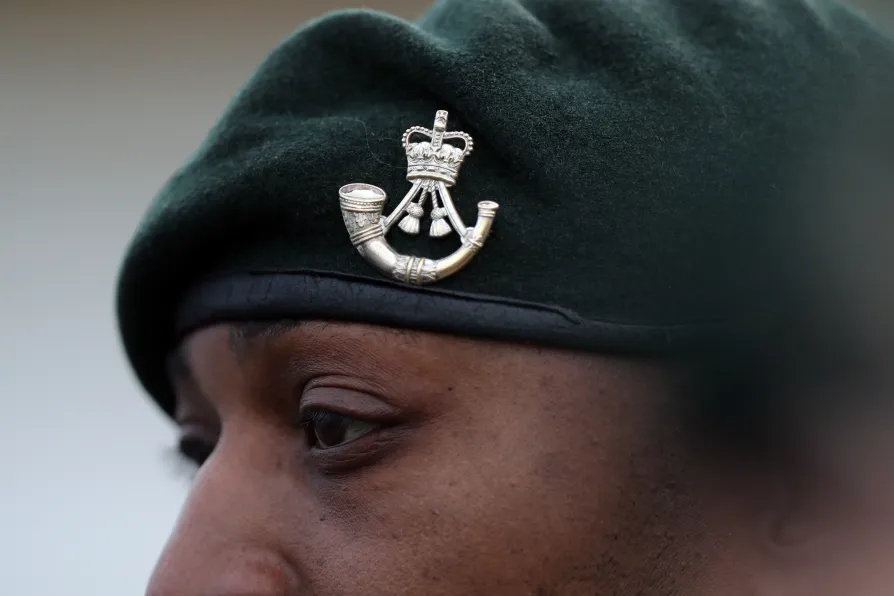BAME and female troops more likely to complain about bullying


FEMALE and ethnic minority troops are far more likely to complain about bullying in the military in a system that is not adequate for handling concerns, MPs are warning in a report published today.
Women account for 11 per cent of the military’s staff but filed 23 per cent of grievances last year.
Complaints by troops of Black and Minority Ethnic (BAME) origins were also “disproportionately high,” Parliament’s defence committee has found.
Similar stories

In part one of a two-part feature, CONOR BOLLINS asks whether we should be concerned about the Prime Minister’s military recruitment plans

Military justice system's ‘staggering lack of accountability’ and systemic failings revealed












